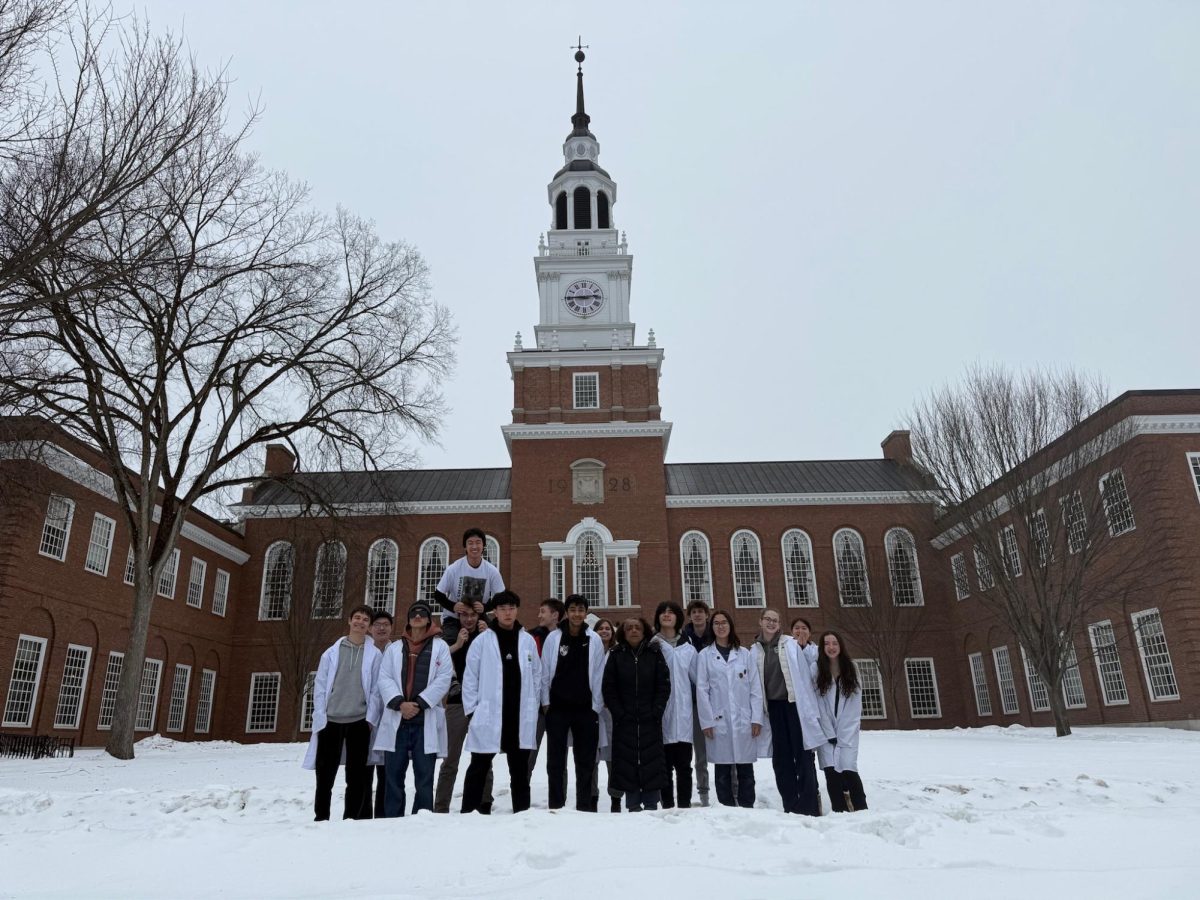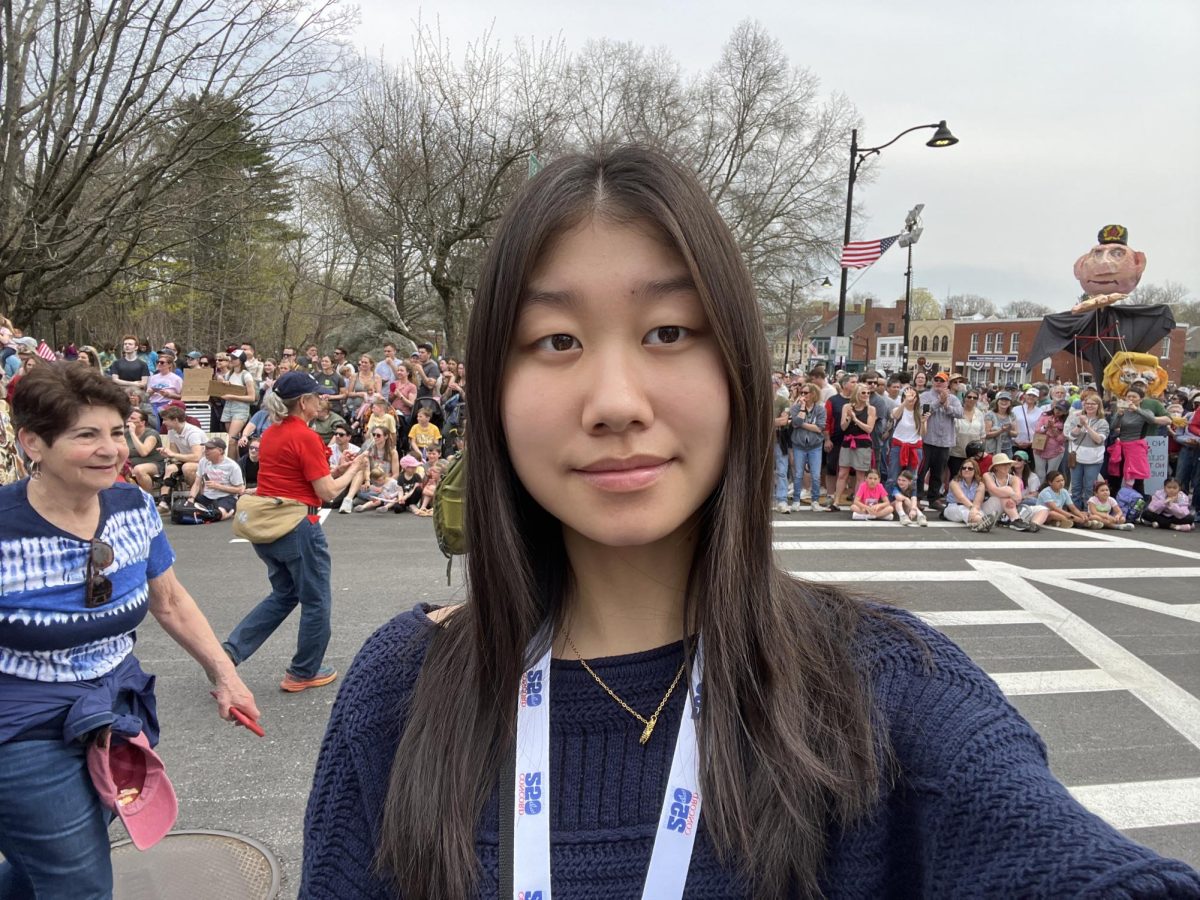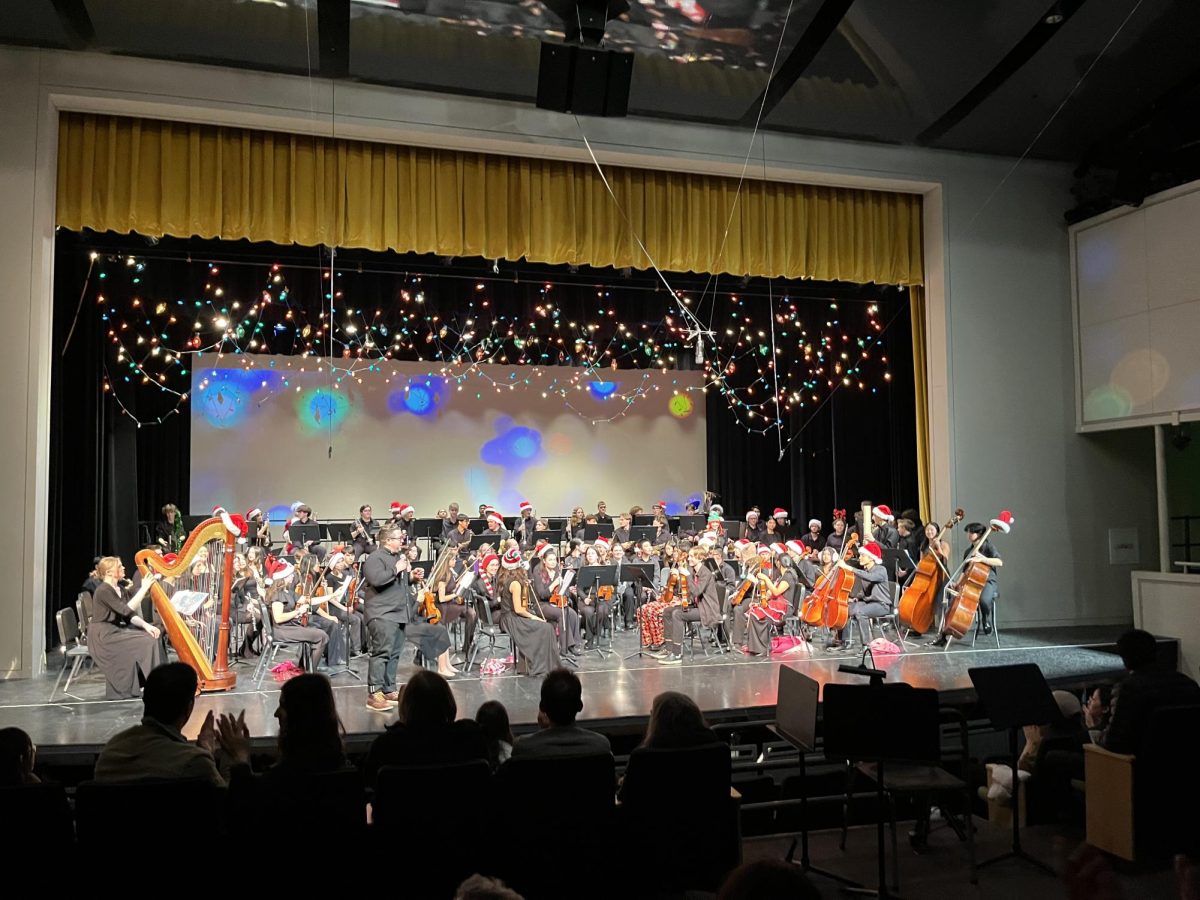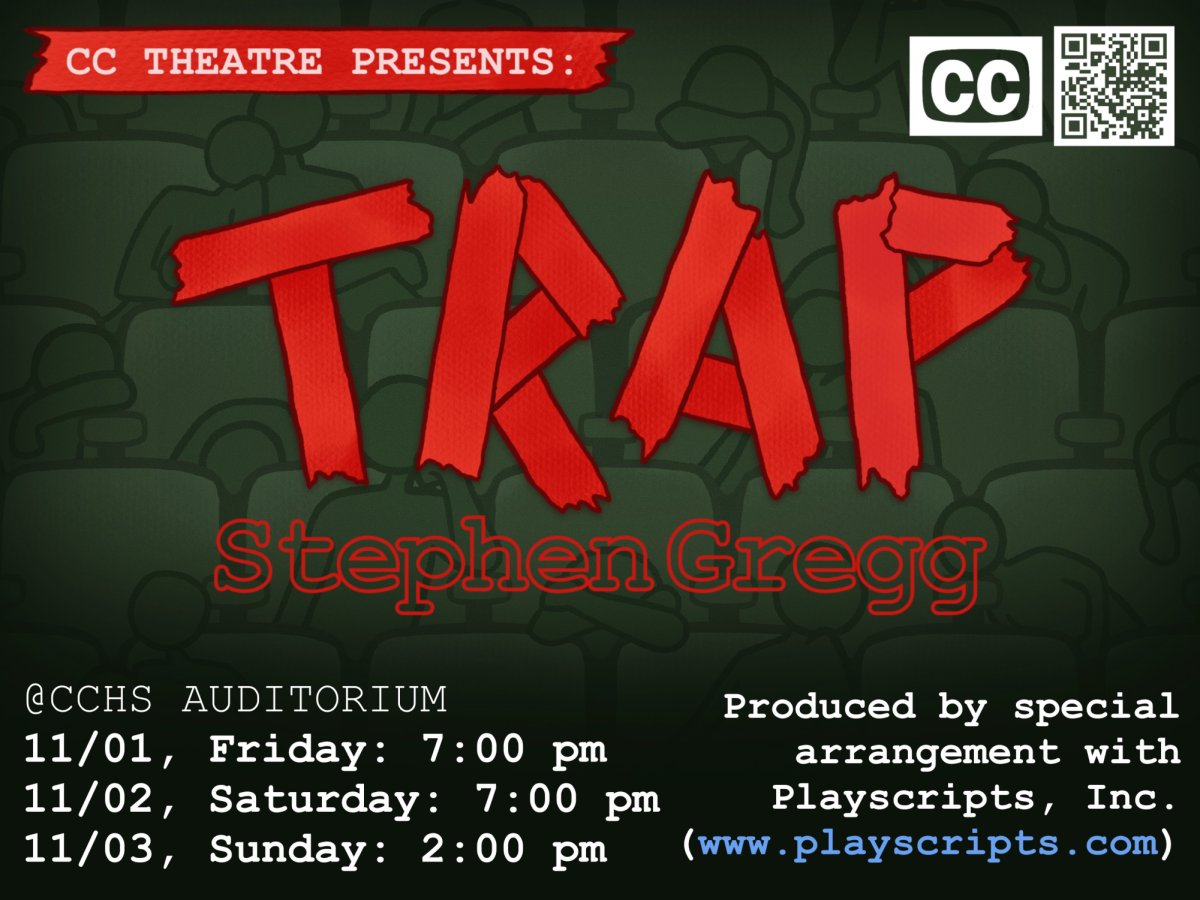
This year in Rhetoric class, English teacher Todd Sawyer taught his students how to write essays that were compelling, convincing, and captivating. He instructed his students to use many different techniques and strategies in order to create a remarkable piece of writing that boils down to this desired result: to hook the reader, convey a message, and maybe even change their life. A living testament to the power of writing is Sawyer, whose own path to education began with an article in the Boston Globe.
Fresh out of college, Sawyer was “unfulfilled and unsatisfied in [his] working life” when he encountered an article about a teacher working with underprivileged students. The article sparked a feeling inside of him that education could be the contentment he was searching for, and he went back to school to get his teaching degree, which would fuel the career that he would be dedicated to for the next twenty-six years. He first started out as an English teacher at North Middlesex High School in Townsend, MA, then he moved on to Martha’s Vineyard High School before coming to CCHS, where he has now taught for nine years.
Sawyer has taught all four grades and can’t choose a favorite. He enjoys the “youthful exuberance” of the underclassmen as well as the “maturity and intellectual ability to engage with really challenging material” that the upperclassmen have. What Sawyer will miss the most is discussing books with his students. As a teacher, he has had “an opportunity to talk about the things [he] really [likes]: reading and writing and literature.” He has found that most students have a “genuine, earnest, and intrinsic desire to talk about books which just makes the job a lot of fun”. In fact, Sawyer is most proud that he has been able to “make connections with students of various backgrounds and interests.”
Sawyer believes that his most memorable moments at CCHS have taken place in his World Literature Class when his students present an exhibit about a culture they have been studying. It allows the students to “take center stage” while “[he becomes] the audience rather than the instructor.” Sawyer is able to see and be impressed by how much the students have learned and grown over the course of the semester, which makes him “feel good about the futures that they have and the opportunities for success.”
A challenging aspect of Sawyer’s job has been the technology provided to CCHS students. He finds it difficult for his lectures to “compete with the laptops”, and since the pandemic and the increase in digital learning, the classroom experience has “never really come back.” Discussing the future of the field of education, Sawyer sees the advantage in “[holding] on to things [he feels] are valuable [rather] than [seeing] ways to improve” such as “holding students accountable,” “pushing them towards excellence,” “introducing them to challenging material”, and “opening their eyes to a wider world.”
To sum up his teaching philosophy, Sawyer has always tried to “push students to go to a place where they weren’t sure they were going to be able to go and offer support and guidance if they struggle to get there.” He also noted that his students have “always kept [him] humble” and that during his years in the classroom, there have been situations that show “really starkly that [he doesn’t] know as much as [he thinks he does]” — for example, when students share a unique interpretation of a book that he has taught for years. He admits that his students “surprise [him] often in really wonderful ways.” Additionally, Sawyer has also learned a lot about himself, sharing that though he believes he doesn’t “tend to have a lot of sticking power” and “[bounces] around from interest to interest,” he is impressed and pleasantly surprised that he has stayed devoted to teaching for so long. He appreciates the feeling of being “constantly challenged…and not [being] complacent” that comes with the job.
Sawyer was inspired by the teachers he had and remembers “what they were able to provide for [him] in ways that [he] didn’t understand at the time,” which is why he “wanted to be the teacher for the kids in [his] class that they were for [him] and provide a model for just being a good person more than anything.” Sawyer wants teachers to know that they are always making an impact on their students, even if they don’t know how, and it is important that they don’t “lose sight of that, especially with all the ebbs and flows of the education system.” He clarifies, “There are always new initiatives being unfurled…[but] just remember that there are young people in front of you who are counting on you to be an important part of their lives.” Sawyer also wants students to know that “the things that bring them joy, fulfillment, and satisfaction in life might be different than what they think they will be now.”
In his retirement, Sawyer is most looking forward to “being able to live on [his] own schedule.” He is excited to live a “life without bells” and not have to know exactly where he has to be five days a week. He says, “[To] be able to be spontaneous in planning my life is really appealing.” He plans to spend some of that time in Germany and is learning to speak German to prepare for his trip. He also took an interest in golf last summer and plans to pursue that again. Of course, he admits, “The great thing about being an English teacher is that most of us have an inherent love for books”, so even though it won’t be his job to discuss literature, he is “still going to enjoy reading books.”
We thank Mr. Sawyer for his dedication to education at CCHS, and we wish him all the best for the future! He will be missed greatly!































